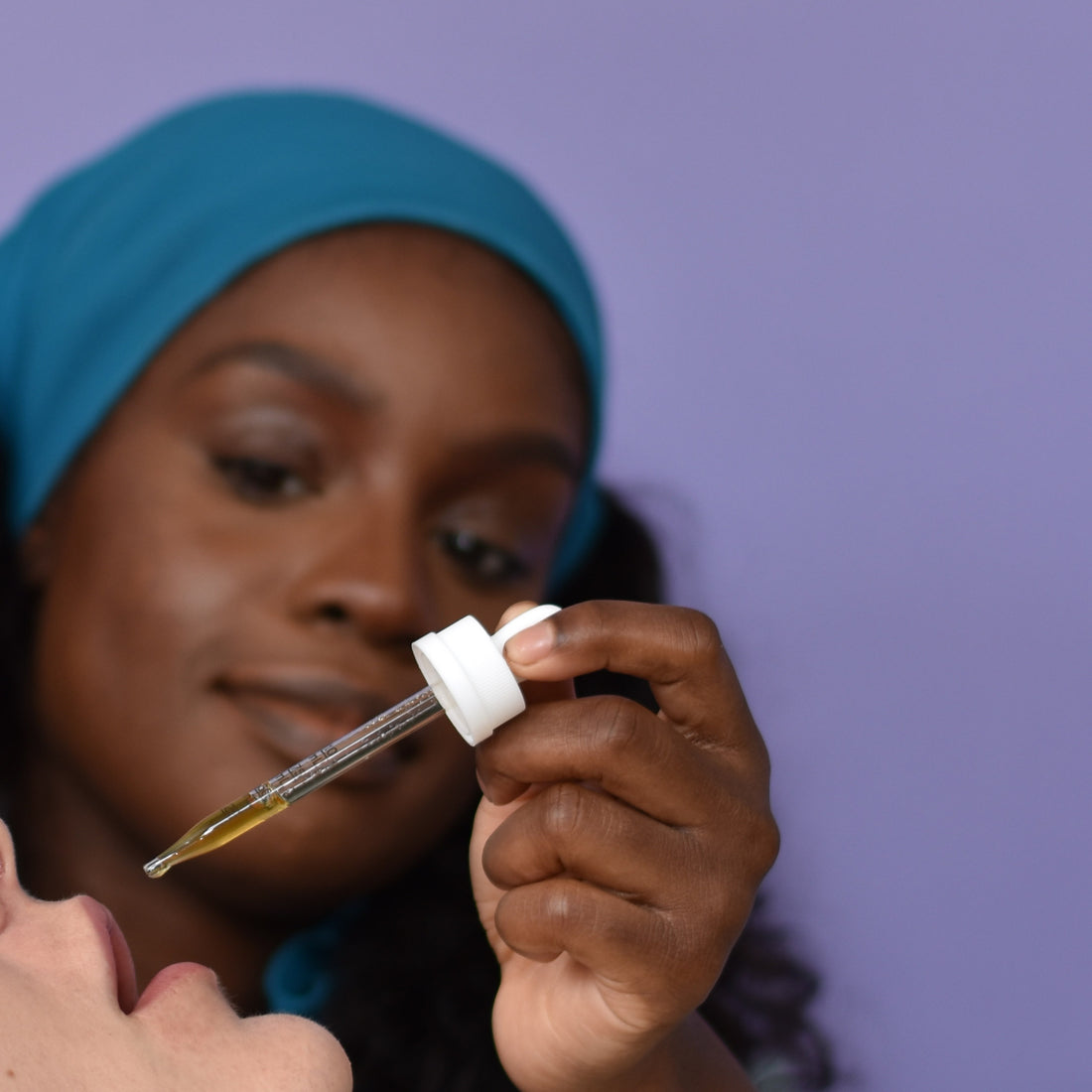The Actions of Herbs
If you’re interested in herbs and herbalism, this vocabulary guide is for you! Below are some of the herbal action words used often in Western Herbalism. These words refer to the action an herb could have on the body. Herbs support the body’s existing functions. While herbs can be potent and have profound impact on the way our bodies function, they don’t do the work for our bodies. Rather, they enhance the functions of our bodies.
As you learn more about herbs, you’ll likely hear these words used often. Get to know them!
Please be advised, this reference guide is a starting off point. Do your own research before working with any herbal remedy. The information found on this page or on this website is not intended to diagnose, treat, or cure any disease.
Adaptogen: Plants & fungi that work with the nervous system to support the body’s ability to adapt to stress. Ex. Ashwagandha, Tulsi, Schisandra
Alterative: Cleansing herbs that support the elimination of waste through the kidneys, liver, lungs, and skin. Ex. Burdock
Antimicrobial: Herbs that support the body’s immune system by inhibiting the growth of bacteria, fungi, and viruses. Ex. Thyme, Rosemary
Antioxidant: Provides support against harmful free radicals. Ex. Rosehip, Hibiscus
Antispasmodic: Help relieve discomfort caused by muscle aches & pains. Ex. Chamomile, Passionflower
Astringent: Used topically to tone the skin & internally to tone tissues.
Bitters: Aids the digestive system in breaking down food. Ex. Burdock, Chamomile, Dandelion, Yarrow.
Carminative: Aids the digestive system by soothing digestive tissue. Ex. Chamomile
Cholagogue: Promotes bile flow from the gallbladder.
Diaphoretic: Induces perspiration to help the body clear stagnation, and break up mucus. Ex. Yarrow, Ginger
Emollient: Helps to soften skin.
Galactagogue: Promotes lactation. Ex. Fennel, Alfalfa
Laxative: Provides gentle stimulation to the bowels.
Nervine: Herbs that support relaxation & relief from stress. Ex.Chamomile, Lavender, Rosemary, Skullcap.
Nootropic: Enhances cognitive function, memory, and concentration. Ex. Lion's Main, Gotu Kola.
Relaxant: Helps promote relaxation.
Rubefacient: Applied topically to stimulate circulation.
Sedative: Promotes sleep support.
Stimulant: Provide circulation & metabolism support by warming the body. Ex. Ginger, Thyme
Tonic: Herbs that provide strengthening support to a specific body function. Ex. Dandelion, Skullcap
Vulnerary: Applied topically to aid the healing of wounds.
